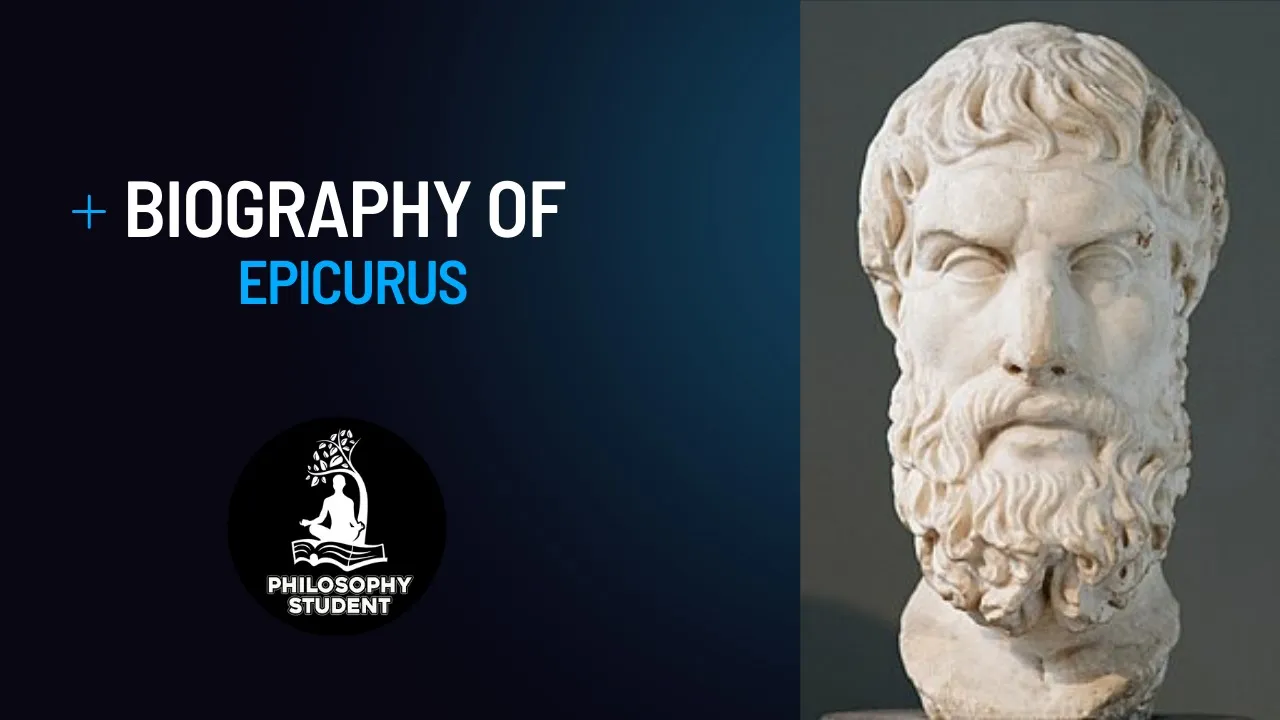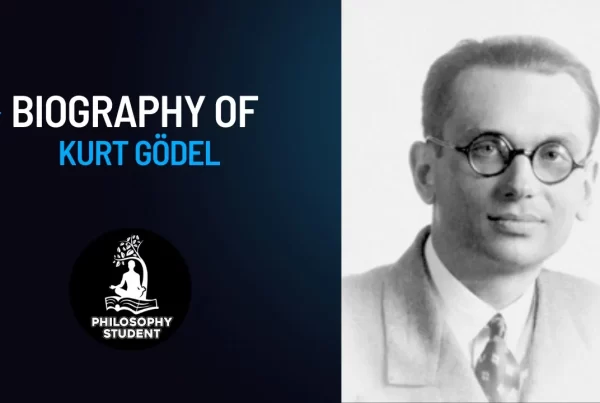A major figure of the Hellenistic period of philosophy (the roughly 300 years following 322 BC, the year of Aristotle’s death), Epicurus was a materialist in metaphysics, an empiricist in epistemology, and a hedonistic in ethics. Indeed, the modern English words epicure and epicurean—denoting a discriminating devotion to sensual pleasure, especially relating to food and drink—are derived from the philosopher’s name.
Epicurus was an atomist, who believed that everything consisted of indivisible units of matter flying through the void. He believed all natural phenomena were explicable in atomic terms. Born about 341 BC, some seven years after the death of Plato, Epicurus rejected the concept of Platonic forms, the existence of an immaterial soul, and, while he accepted the existence of the gods, he argued that they have no influence on human life. In terms of epistemology, he spurned skepticism and believed that knowledge was gained via the senses, which he accepted as reliable. He taught his students that human beings acted solely to attain pleasure—which created the desired state of tranquility. Yet he did not advocate what is today commonly meant by hedonism, the indiscriminate lusting after pleasure. True pleasure —tranquility—was achieved by deliberately limiting one’s own desires and overcoming fear of the gods and of death. It was this principle of freeing oneself from fear that attracted many to become Epicureans long after the philosopher died.
Born (or at least raised) on Samos, an Athenian island colony in the Mediterranean, he was about nineteen when Aristotle died. He studied with followers of Democritus and Plato, whose most essential ideas he nevertheless rejected. Epicurus founded philosophical schools in Mytilene and Lampsacus, leaving these in 306 BC to settle in Athens, where he created the Garden, a philosophical commune and school. Here, Epicurus’ students endeavored to put the master’s teachings into practice. Both the Garden and Epicureanism survived the philosopher’s death, from kidney stones, about 271 or 270 BC.
For many years, Epicureanism and Stoicism vied with one another to become the dominant school of philosophical thought in the Hellenistic world. With the emergence and rise of Christianity, Epicureanism fell out of favor and went into decline or was actively suppressed. Elements of Epicureanism were revived during the Renaissance and later as part of a rebellion against what was perceived as the excessively mechanistic explanations of natural phenomena offered by Aristotelianism. Although Epicurus wrote plentifully, virtually nothing of his work survives. Most of it was likely destroyed by Christian authorities.
In metaphysics, Epicurus’ atomism is his most important contribution. He based his argument for atoms on two observable facts: we clearly see bodies in motion, and we know that nothing comes from nothing. That bodies move proves the existence of empty space or a void. Since the bodies we see are all divisible into smaller pieces, they must be made up of still smaller pieces. Epicurus rejected that the breakup of bodies could proceed infinitely because, if this were the case, matter would dissolve into non-existence. Moreover, nature is orderly and, therefore, must be built ultimately on indivisible units of matter.
Epicurus’ belief that nothing comes into existence from nothing implies that the universe is infinite, with neither beginning nor end. This includes atoms. He distinguishes, however, between the universe and the cosmos, which exists within the universe as a temporary assemblage of atoms that came together at some time and will disassemble at some time. Moreover, our cosmos is only one of an infinite number, all of which, as assemblies of atoms, are temporary.
Epicurus argued for the infinity of the universe based on what we might call a thought experiment. If the universe were finite, you could reach its edge, extend your fist, and the location of your fist would be, ipso facto, the new limit of the universe. This only proved the infinity of the universe since the process could be repeated infinitely. Because the universe is infinite, the number of atoms must also be. The proof of this is that, in an infinite universe, the population density of a finite number of atoms in a given region would necessarily be zero, which would mean that no bodies (agglomerations of atoms) could exist. Our senses
reveal that such bodies do exist; therefore, the number of atoms must be infinite. Indeed, their infinitude proves the infinity of the universe, since, if the void had a limit, the infinite number of atoms would fill all space and therefore be unable to move.
Epicureanism has incurred charges of atheism. Yet Epicurus himself asserted his belief in gods, arguing, however, that they have no care for or influence over human life because, if they did, they would be themselves imperfect in that they could enjoy no tranquility. It is not that the gods turn their back on humanity, however, but that they are simply unaware of it.
Epicurus formulated what philosophers call an identity theory of mind, in which mind is identified as an organ of the chest, which is the seat of the emotions. As a materialist, Epicurus was eager to define mind as bodily and offered as proof of this the fact that mind clearly interacts with the body—so must of a bodily nature itself. This stood in opposition to the idealism of Plato, who argued for the complete non-corporeality of mind.
Since mind is bodily, the process of thought is an atomic process, the atoms of mind creating four categories of particle: fire, air, wind, and a “nameless element” of supreme fineness. Since mind is matter, death must be annihilation. This assertion allowed Epicurus to nullify fear of death, which he defined as fear of a hellish afterlife. If death is annihilation —the dispersal of atoms—there is no organ to experience the effect of death and, therefore, no reason to fear it.
Epicurean ethics assigns fundamental value only to one’s own pleasure. Nevertheless, the philosopher taught the wisdom of leading a somewhat ascetic life as a means of ensuring that achieving tranquility would always be feasible since desires would be limited. Epicurus also proposed that the highest good is what is valued for its own sake and proposed (as did Aristotle) that happiness (defined essentially as tranquility) is the greatest good. Epicurus defined justice as a social compact, an agreement “neither to harm nor be harmed.” This and a need to be protected from the dangers of the wild motivated the creation of communities.




































